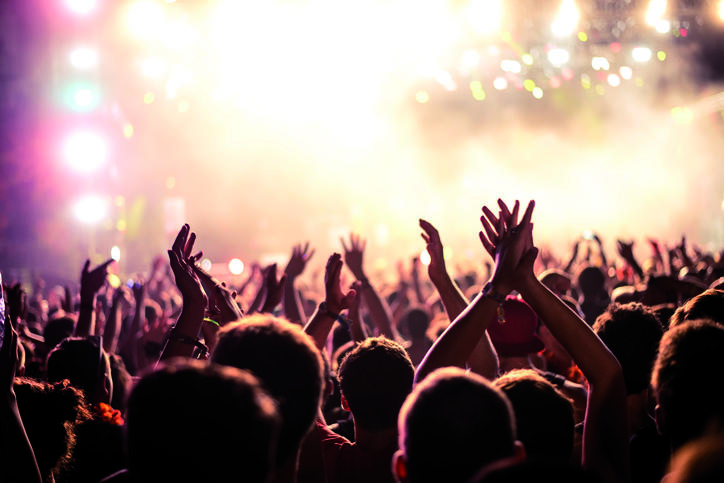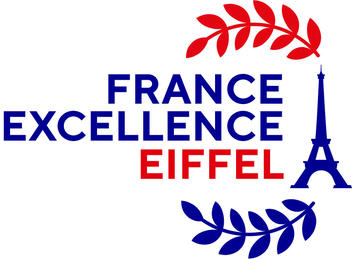
Zoom on the occupations of sports and culture events
Did you like the opening ceremony of the Paris Olympic Games 2024? Did you dream of participating in its organisation? So the zoom file by ONISEP, the national office of information about education and occupations, about the offices of majore cultural and sport events is perfect for you.
Tour de France in cycling, International Film Festival in Cannes, tennis open of France, music Francofolies in La Rochelle, rugby world cup, Olympic and Paralympic Games… This open list shows that France, “has a rich historical and cultural heritage”, and has become “the country welcoming the highest number of international events with wide media influence”. As the ONISEP says, there is no lack of major event in France. Major recurrent or exceptional cultural and sport events all generate “job opportunities in diverse industries, at all levels of expertise”.
Thousands of professionals are necessary for a proper organisation
And the ONISEP continues by saying that all these events are in fact “tools for the promotion, for attractiveness and for local activity” implying planification projects, and they all generate significant touristic flows. They have become “true levers of economic growth” thanks to which “many actors in highly diverse industries can make a living”. So, “Thousands of professionals, men and women, participate in their organisation, their proper continuity, and their media exposure”.
To achieve this, the ONISEP offers a Zoom (downloadable free of charge) dedicated to the different occupations of major cultural and sport events, with interviews from professionals and detailed info sheets on occupations to “better understand the reality of the field, the qualities and skills of each occupation, and career prospects and opportunities”.
Specific answers to questions about these occupations
The guide offered by ONISEP has no less than 35 pages and serves as a tool for exploration. Before giving the floor to professionals explaining their trade, the dossier opens with a focus on several frequently asked questions. Such as:
- What are the occupations of the event industry? Audiovisual, marketing and communications, live entertainment, hotels and restaurants, tourism, security, transport and logistics, cleaning and the environment, etc.
- What are the work locations? Whether indoors or outdoors, by the sea, in the mountains or in the city, “working on major events means you can work in a large array of locations”. Stadiums, gymnasiums, tennis courts, concert halls, theatres and historic buildings, for example, can host major cultural and sporting events throughout the year;
- In what structures? Organising committees, associations, major event hosts, service providers, tourism and catering entities: “there's no shortage of employers”, not to mention the fact that “the self-employed are also very much in demand”;
- With what opportunities? As the ONISEP points out, major international events “have a responsibility to promote an inclusive society and offer opportunities for recruiting and upgrading the skills of people who are a long way from employment”. Similarly, major event organisers are “placing increasing emphasis on gender equality”: women are present in more than 40% of audiovisual professions;
- How can you build a career? You can move up the career ladder by improving your language skills, adaptability, interpersonal skills and ability to manage workflows. According to the ONISEP, the skills acquired through work experience at major cultural and sporting events “are transferable and of interest to recruiters in a wide range of sectors”.
Detailed job descriptions
Next to the answers to these key questions is a series of job descriptions, complete with interviews with professionals working in all these sectors. They include:
- audiovisual professions (camera operator, audio production manager, production director);
- communications and marketing (communications and press relations manager);
- hotel management and catering (receptionist, team member, waiter, cook);
- cleaning and environmental work (cleaning and cleaning service agents, window cleaners);
- security (general security and fire safety officers);
- live entertainment (lighting technician and operations technician);
- tourism (holiday advisor);
- transport and logistics (operator, delivery driver, passenger driver).
These job descriptions are supplemented by a comprehensive overview of the training courses available: from vocational degrees (French CAP) to masters’ degrees, via technical degrees (French BTS) or advanced school degree, “there are many diplomas, obtained at different levels of study, that can be used to work in major cultural and sporting events”.
Related contents
Recommended News




















































